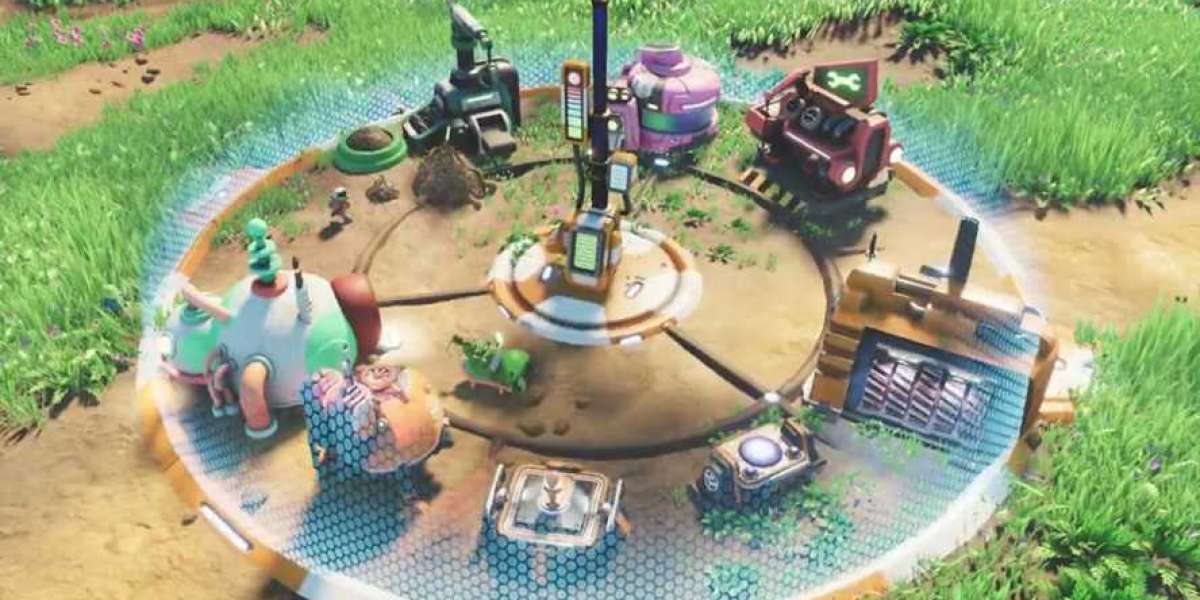The landscape of neuropsychiatric disorders and their treatment is undergoing a profound transformation, marked by a surge in novel therapeutic approaches, deeper genomic understanding, and the revolutionary integration of digital technologies. As mental health continues to be a global priority, these advancements offer renewed hope for millions affected by conditions ranging from depression and anxiety to neurodevelopmental and neurodegenerative disorders.
Breakthroughs in Neuromodulation: Non-Invasive Brain Stimulation
A significant area of progress lies in neuromodulation therapies. Recent studies highlight the growing patient preference for non-invasive options over traditional pharmaceuticals, primarily due to concerns about side effects and adherence. Transcranial Focused Ultrasound (tFUS) is emerging as a promising frontier. Mass General researchers are pioneering tFUS techniques that precisely target deep brain circuits involved in anxiety and obsessive-compulsive disorder (OCD), offering advantages over conventional methods like TMS (Transcranial Magnetic Stimulation) by reaching deeper regions. A study from the University of Nottingham in February 2025 indicated that patients highly favor non-invasive brain stimulation, with ultrasound stimulation being the top-rated option due to its perceived safety and effectiveness. This indicates a shift towards less intrusive yet highly targeted interventions.
Genomic Insights Reshape Understanding and Treatment:
Genomic research is unraveling the complex genetic architecture of neuropsychiatric disorders, paving the way for personalized medicine.
- Bipolar Disorder: The largest-ever genome-wide study of bipolar disorder, including diverse ancestries, identified 298 genomic regions linked to increased risk – a four-fold increase from previous findings. This deeper understanding of genetic variations promises to lead to improved treatments and earlier, more precise interventions.
- Neurodevelopmental Disorders (NDDs): A landmark study published in Nature Genetics in April 2025 identified a new genetic cause for NDDs by uncovering mutations in a previously overlooked non-coding gene (RNU2-2). This discovery provides long-awaited answers for affected families and paves the way for further research into the molecular mechanisms of these conditions.
- Gene Delivery: New gene delivery methods are being developed to advance brain therapies, highlighting the potential for gene-based interventions in the future.
AI and Digital Therapeutics: Empowering Patients and Clinicians
Artificial Intelligence (AI) and digital therapeutics (DTx) are increasingly integrated into mental healthcare.
- AI for Mental Health Support: AI-powered chatbots and conversational AI are being used in neuro-rehabilitation settings (e.g., for stroke and TBI patients) to provide continuous, judgment-free monitoring and emotional support between appointments. A March 2025 randomized controlled trial showed a generative-AI chatbot (Therabot) significantly improved anxiety and depression symptoms, on par with traditional CBT. AI notetakers are also enhancing clinical documentation, allowing clinicians to be more present with patients.
- Digital Therapeutics Market Boom: The global digital therapeutics market, valued at USD 7.07 billion in 2024, is projected to reach USD 45.56 billion by 2033. This growth is driven by the urgency of chronic conditions and regulatory advancements. New reimbursement codes for digital mental health treatment devices were introduced in 2025, facilitating broader adoption. FDA clearances in 2024 notably included prescription video games for ADHD and CBT chatbots for postpartum depression, indicating a growing acceptance of these novel interventions.
India's National Tele Mental Health Program (Tele MANAS):
India is making significant strides in mental healthcare accessibility through its National Tele Mental Health Programme (NTMHP). As of April 1, 2025, 36 States/Union Territories have established 53 Tele MANAS Cells, handling over 2 million calls. A dedicated Tele-MANAS Mobile Application was launched on World Mental Health Day (October 10, 2024) to provide comprehensive support. Notably, a Tele-MANAS Cell has been established at the Armed Forces Medical College (AFMC) in Pune, extending services to armed forces personnel and their dependents. These initiatives underscore a commitment to providing equitable, accessible, and quality mental healthcare nationwide.
Global Market Growth and Future Outlook:
The global neuropsychiatric disorders and treatment market is on a robust growth trajectory, expected to reach USD 383.13 billion by 2034, with a CAGR of over 10%. This growth is fueled by rising awareness, increased RD investments, and the continuous introduction of novel treatments across drug therapies, neuromodulation, and digital solutions. While drug treatment remains the fastest-growing segment, the emphasis is shifting towards precision medicine, early intervention, and integrated care models, promising a more effective and personalized future for individuals living with neuropsychiatric conditions.








